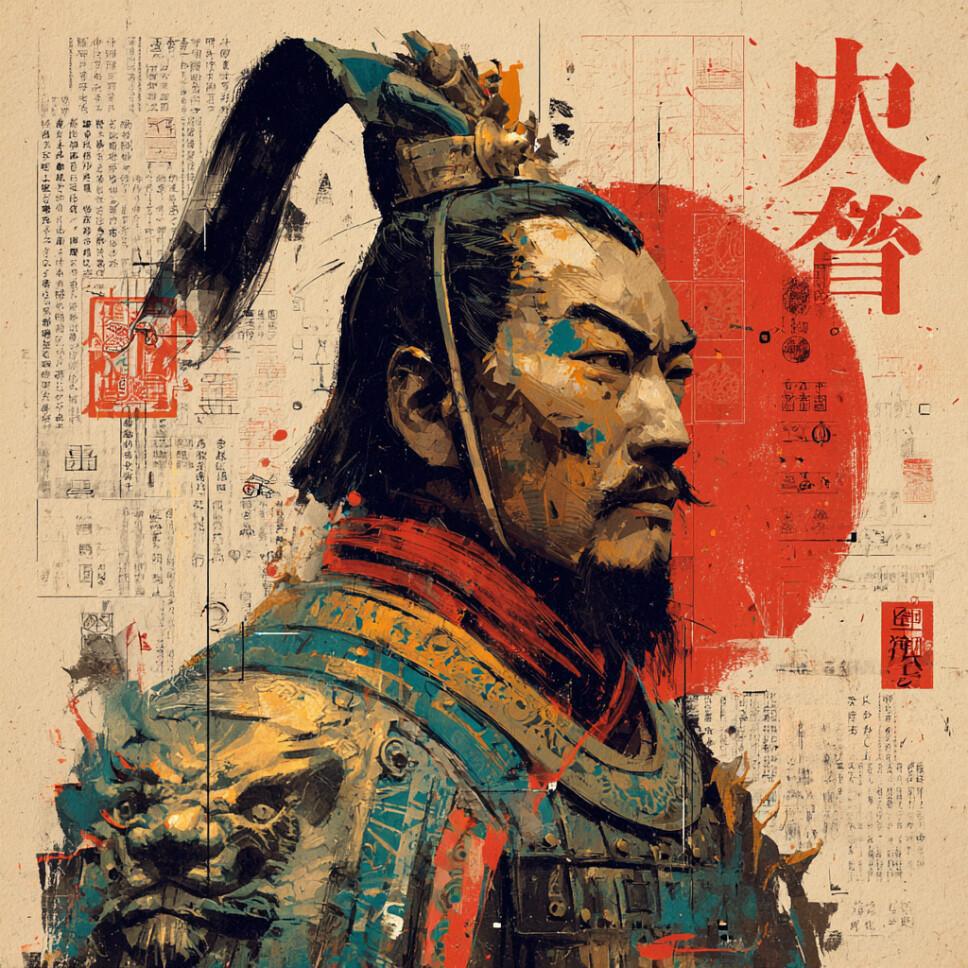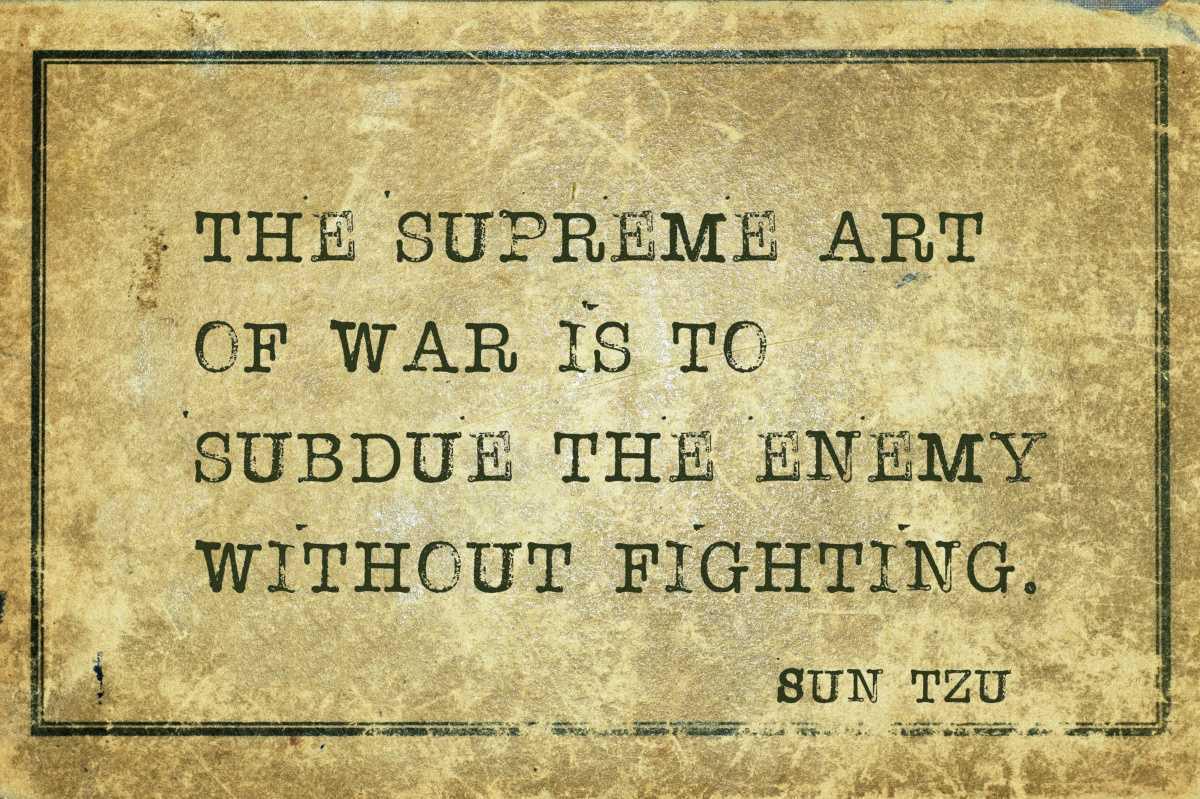Sun Tzu, the legendary Chinese military strategist and philosopher, is best known as the author of The Art of War, a timeless treatise on strategy, leadership, and conflict. Thought to have lived during the Eastern Zhou period (approximately 544–496 BCE), his life and identity are the subject of both historical reverence and scholarly debate. Despite the uncertainties surrounding his biography, the influence of his work has echoed through millennia, shaping not only the battlefields of ancient China but also the boardrooms and political arenas of the modern world.
The Art of War is more than a military manual—it is a philosophical blueprint for understanding the dynamics of power, perception, and preparedness. Sun Tzu’s central premise is simple yet profound: the best victory is the one obtained without fighting. His strategies emphasize deception, flexibility, and the ability to adapt to changing conditions, making his approach more psychological than physical. He counseled generals to avoid direct conflict when indirect means would suffice, a mindset as applicable to diplomacy and business as it is to war.
While rooted in the context of ancient Chinese warfare, Sun Tzu's teachings transcend time and culture. His famous aphorism, “Know thyself, know thy enemy; a thousand battles, a thousand victories,” distills the importance of self-awareness and intelligence gathering—principles just as relevant to cybersecurity and political campaigns today. Indeed, The Art of War has found enthusiastic readers not only among military academies but also within MBA programs, political strategy teams, and even sports coaches.
Sun Tzu’s ideas were deeply influenced by Daoist thought, especially in their emphasis on harmony with nature, balance, and non-action (wu wei). In this way, his strategies were not about brute force but about aligning one’s actions with the shifting terrain of circumstance. He saw war as a last resort, a necessary evil to be undertaken with gravity and precision, not bluster and bloodlust. This Daoist undertone adds a moral and almost meditative dimension to his tactical acumen.
Throughout history, military leaders from Napoleon to General Douglas MacArthur have drawn on Sun Tzu’s insights. During the Vietnam War and even in modern conflicts, strategists have invoked his lessons on asymmetry, terrain, and morale. In the business world, CEOs invoke Sun Tzu when launching new products or navigating competitive markets. His text has become shorthand for cool-headed, strategic thinking in any high-stakes scenario.
Yet for all his strategic brilliance, Sun Tzu remains an enigmatic figure. Some historians have argued that The Art of War may have been a compilation of many military thinkers’ ideas rather than the work of a single author. Whether Sun Tzu was an actual general, a legendary construct, or a blend of both, his intellectual legacy is undeniable. His voice, cool and commanding, continues to whisper into the ear of anyone facing conflict.
In today’s era of information warfare, political polarization, and economic brinksmanship, Sun Tzu’s principles are arguably more relevant than ever. His counsel to “build your opponent a golden bridge to retreat across” speaks to the art of diplomacy and the necessity of saving face, offering insight into the value of dignity and psychological finesse. It is this enduring adaptability that has cemented The Art of War as both a literary classic and a modern toolkit.
In short, Sun Tzu was more than a man—he was a mind that understood how battles are won long before the first move is made. Whether guiding warriors, entrepreneurs, or heads of state, his strategy remains a masterclass in the power of perception, planning, and poise.


